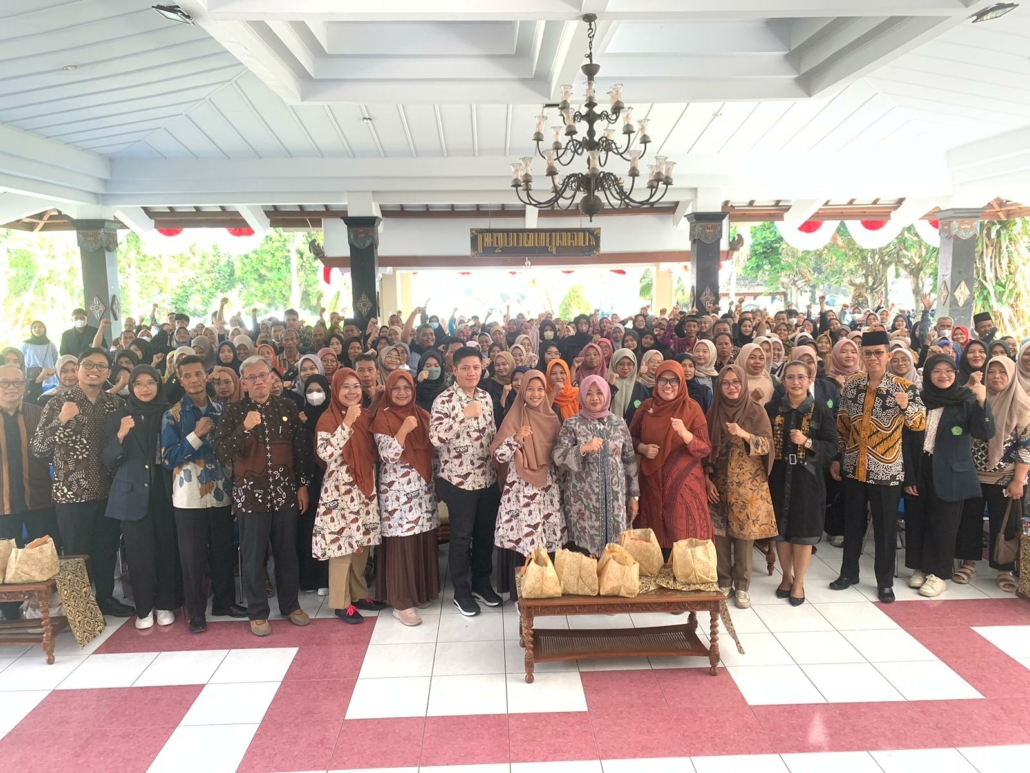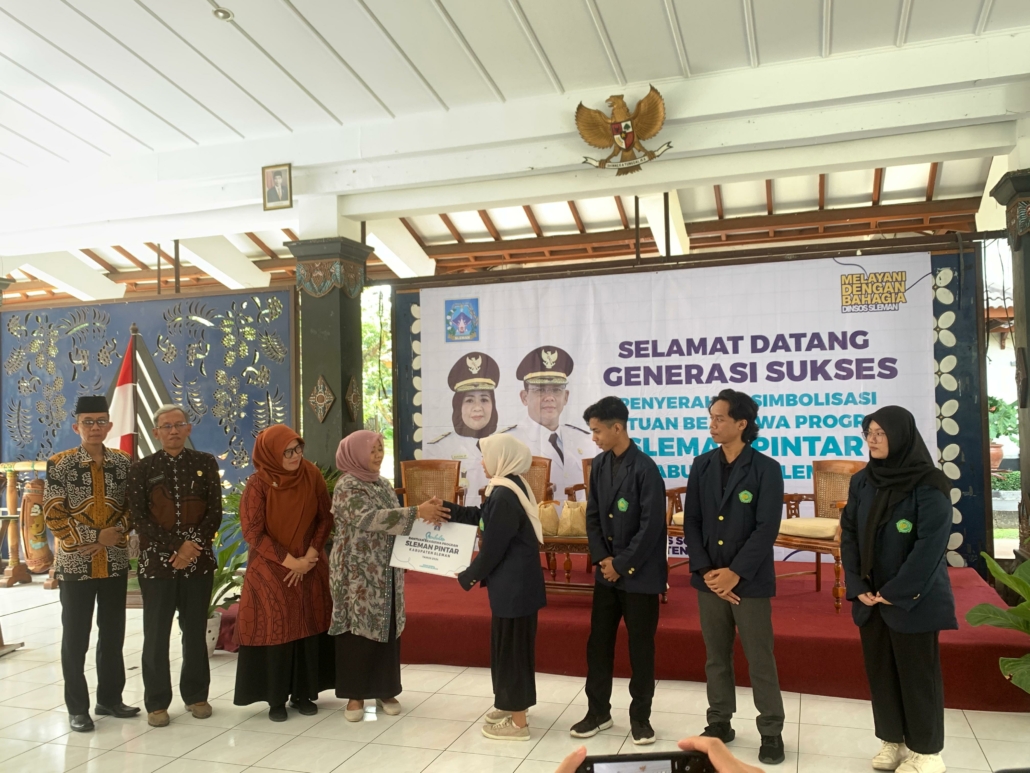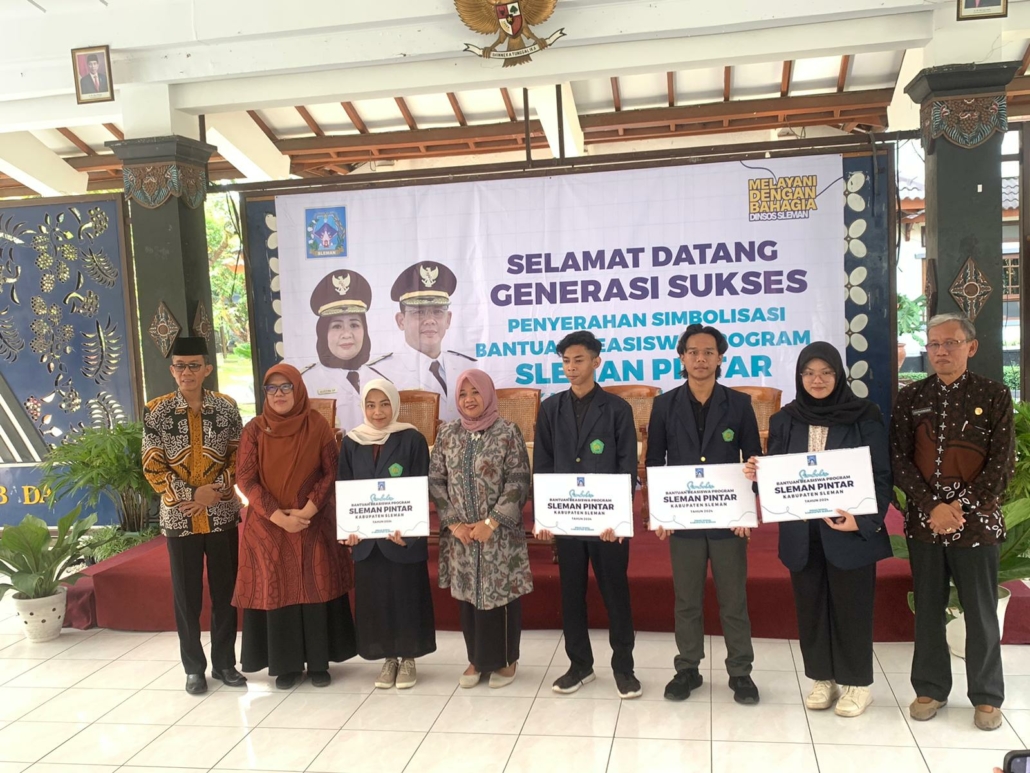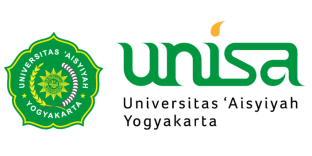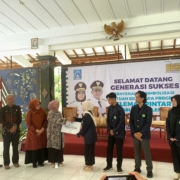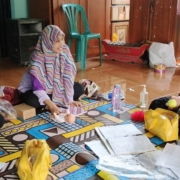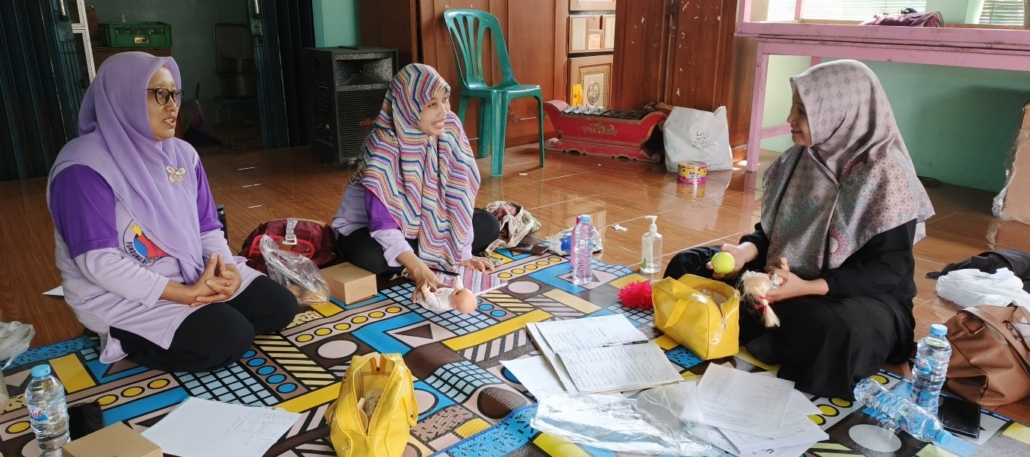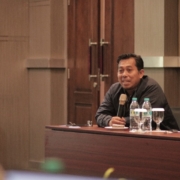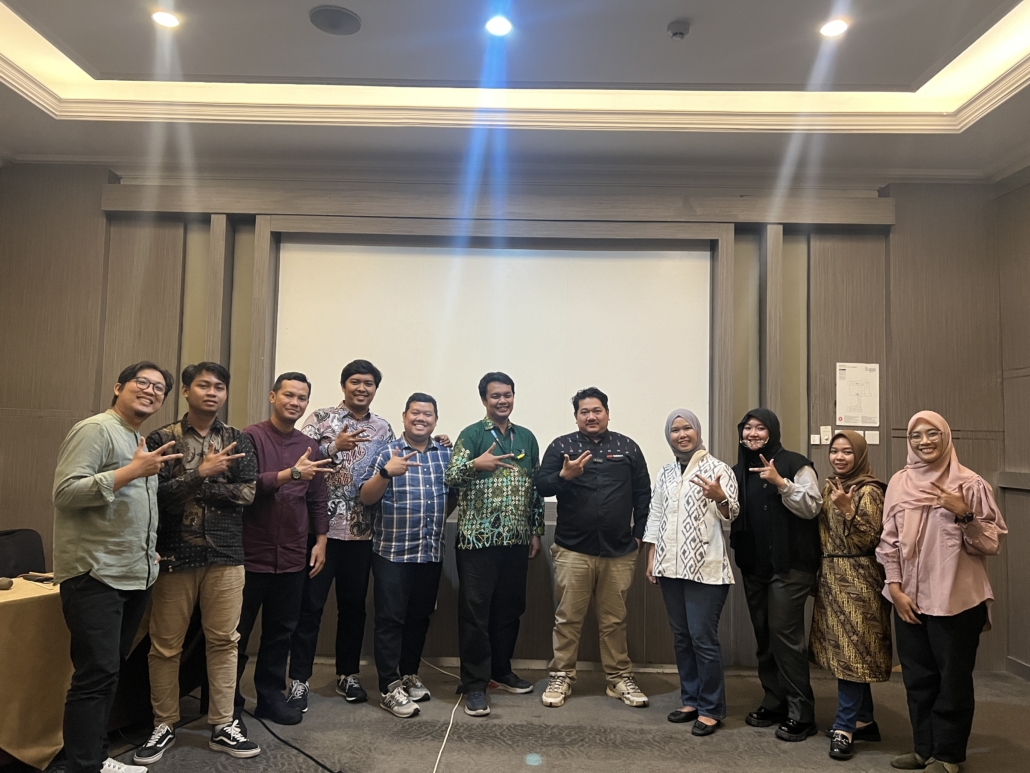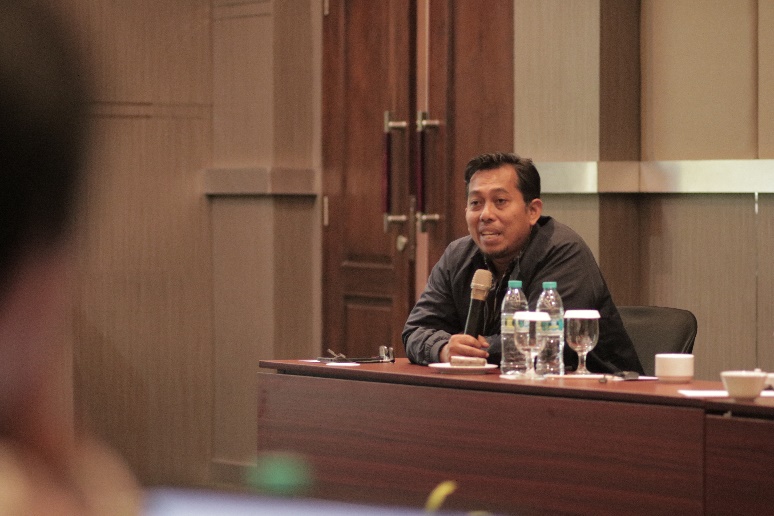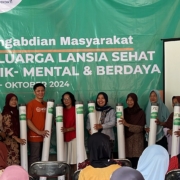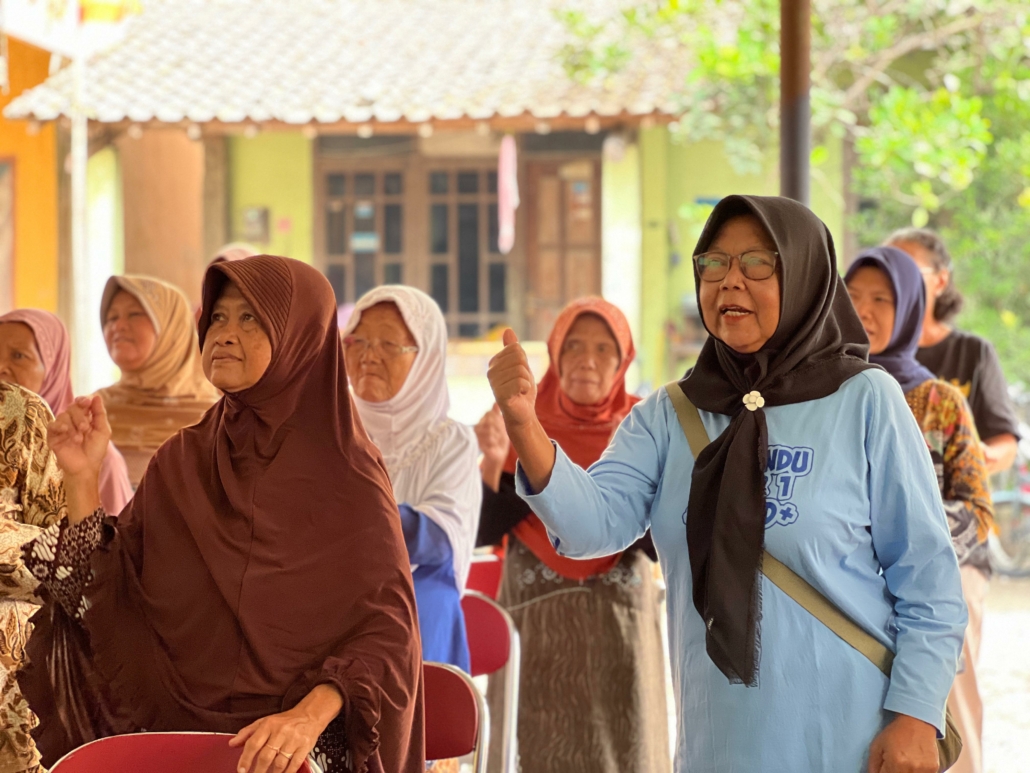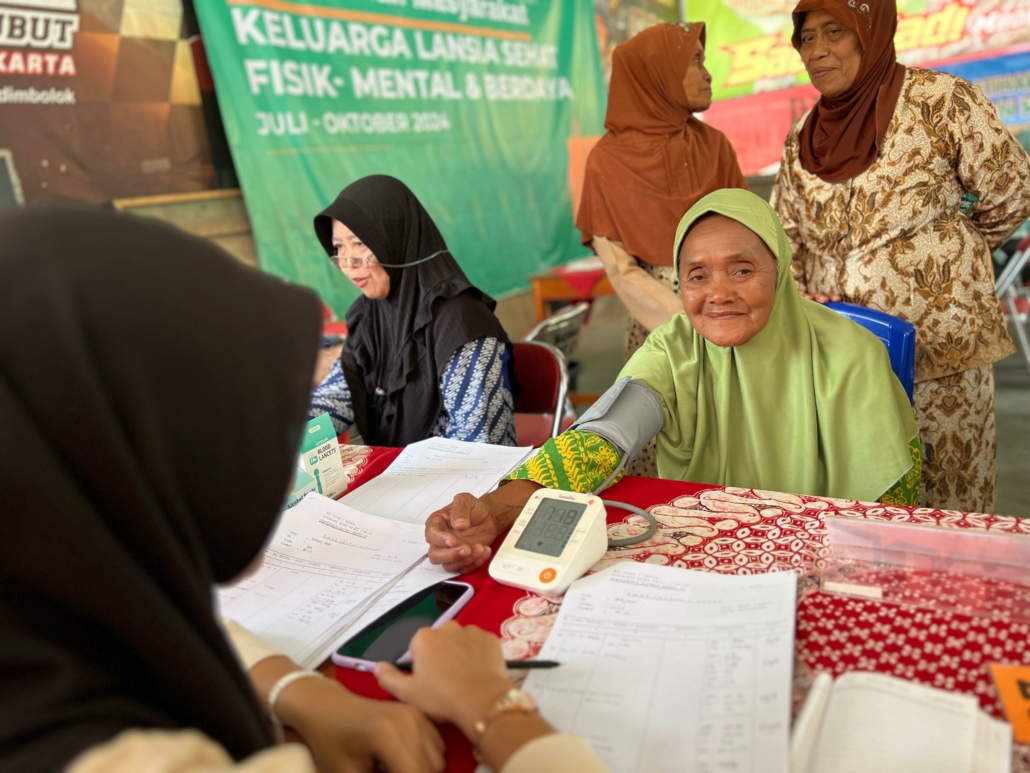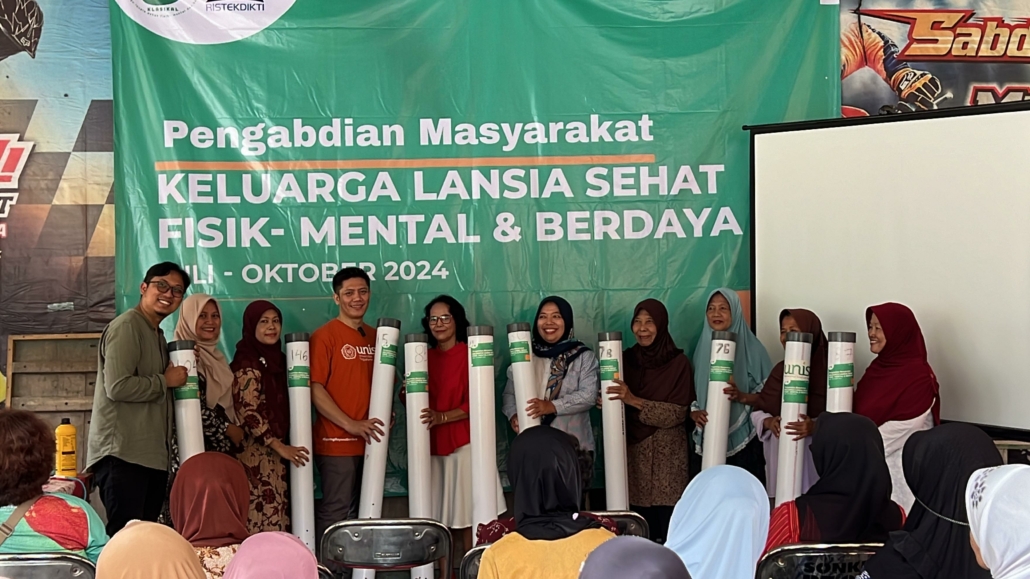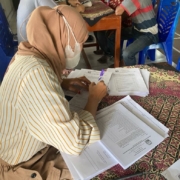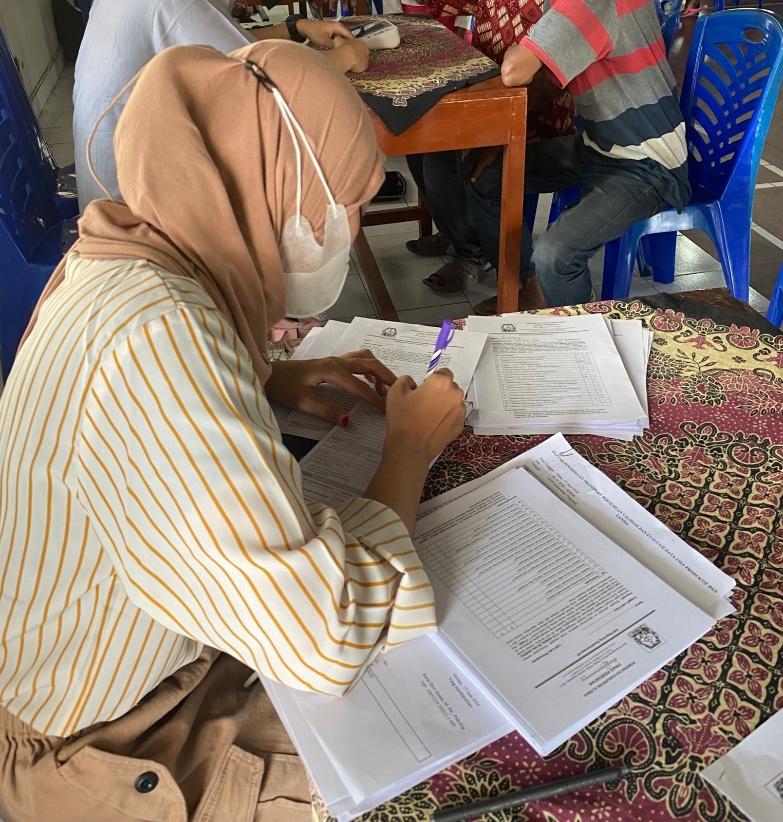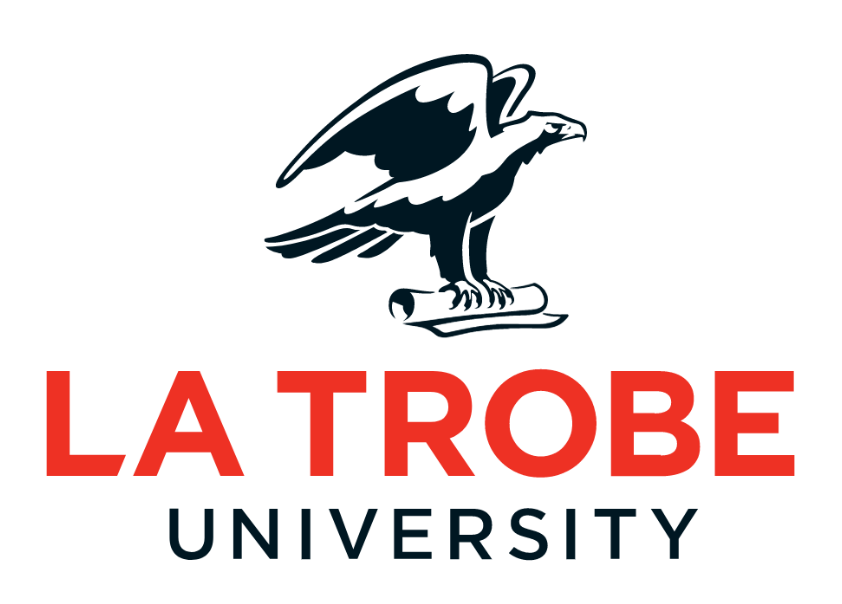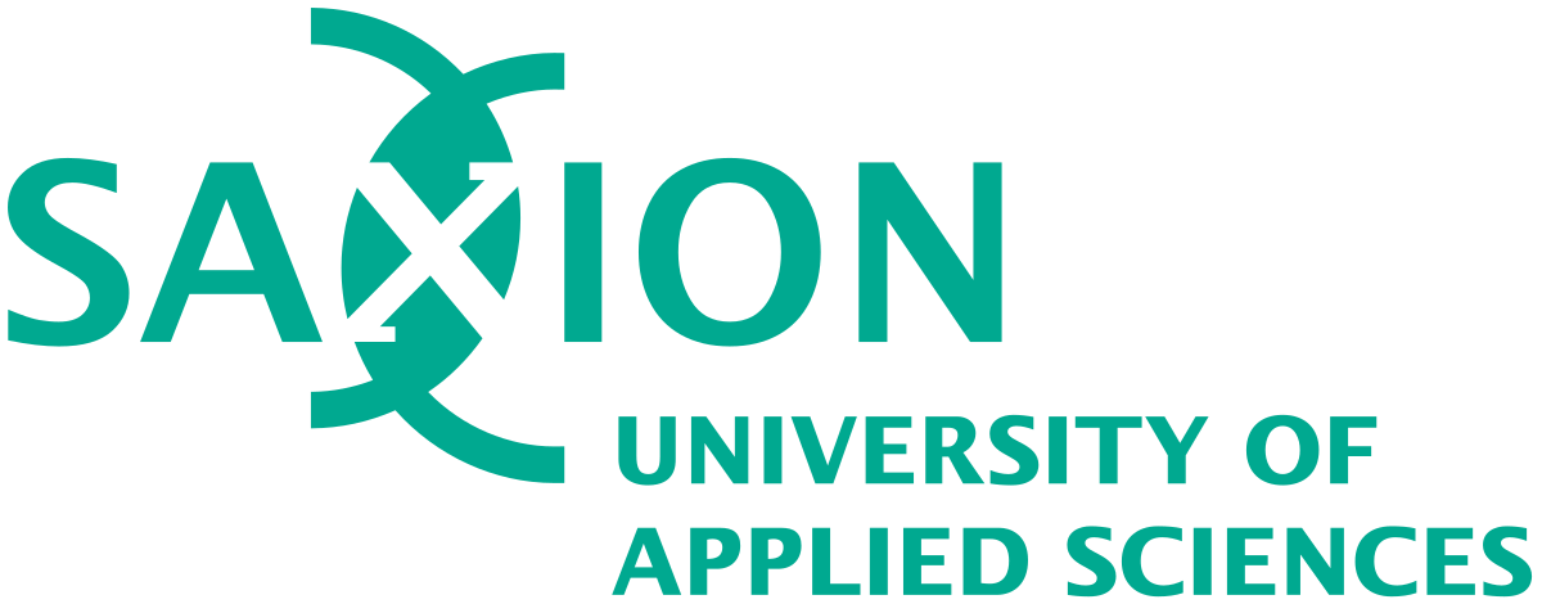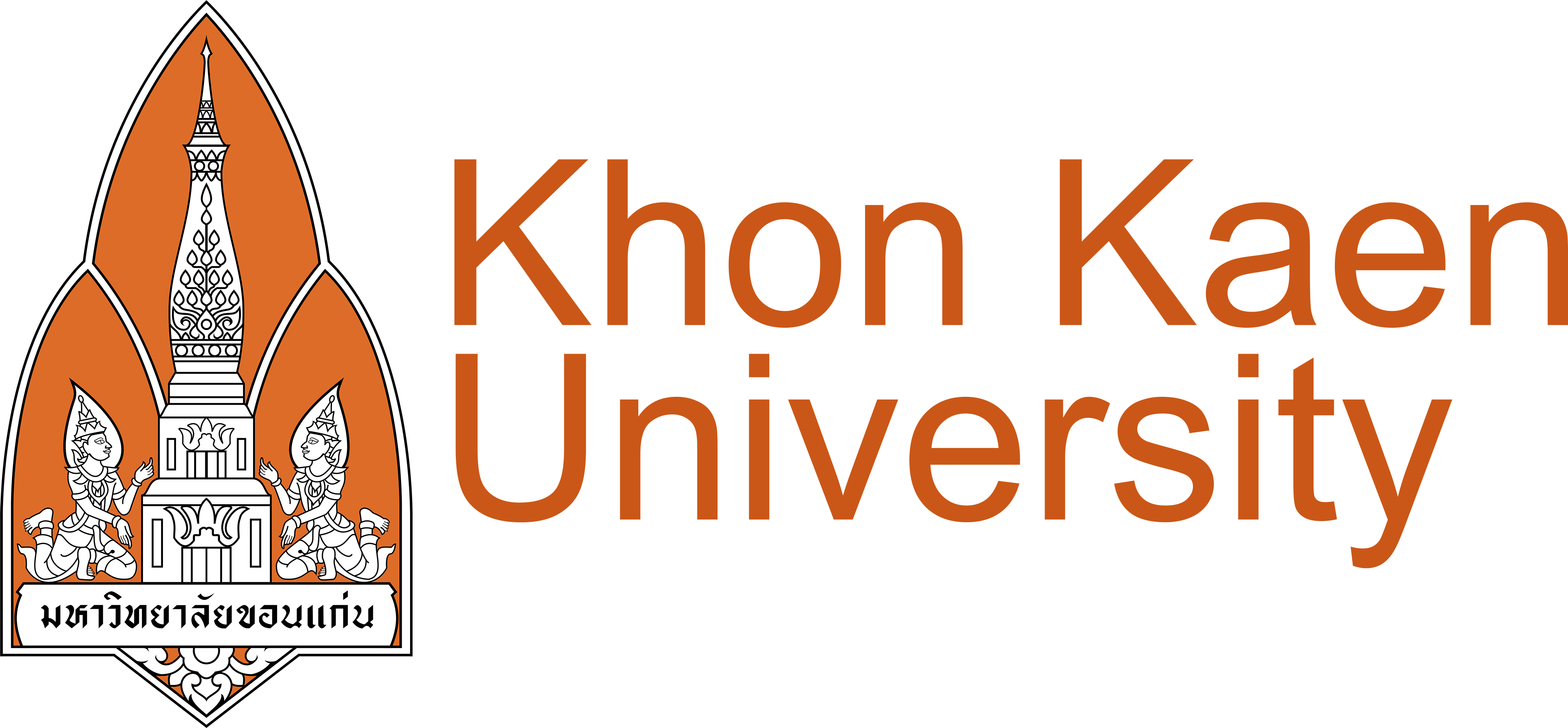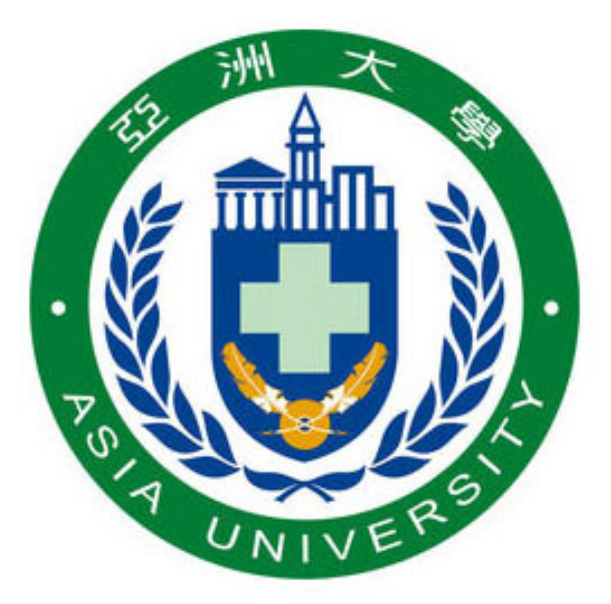Sleman – Good news for 117 prospective students in Sleman Regency! Through the Sleman Pintar scholarship program, they can now continue their studies at ‘Aisyiyah University (UNISA) Yogyakarta. The symbolic handover of this scholarship was carried out at the Hall of the Sleman Regent’s Office House, Saturday (10/08).
A total of 117 students who have been accepted at UNISA Yogyakarta in various study programs according to data from the Admissions Bureau, were accompanied by their parents and guardians.
The Sleman Pintar scholarship program initiated by the Sleman Regency Government has given new hope to many young people in Sleman. With this scholarship, they can achieve their dreams without being constrained by economic limitations.
Head of the Sleman Regency Social Service, Mustadi, revealed that the selection of UNISA Yogyakarta as a cooperation partner was based on the vision to produce excellent human resources in the health sector.
“We hope this collaboration can continue and provide wider benefits for the people of Sleman, and this is the second time we have run this program together,” said Mustadi.
The Regent of Sleman, Kustini Sri Purnomo, in her speech expressed the hope that the scholarship recipients can make the best use of this opportunity to learn and develop themselves.
Meanwhile, Vice Rector II of UNISA Yogyakarta, Dr. Yuli Isnaeni, is committed to providing the best education for the scholarship recipients so that they can graduate on time and get satisfactory grades.
Tags: aisyiyah, banggamenjadiunisa, beasiswa, beunisa, unisayogya
